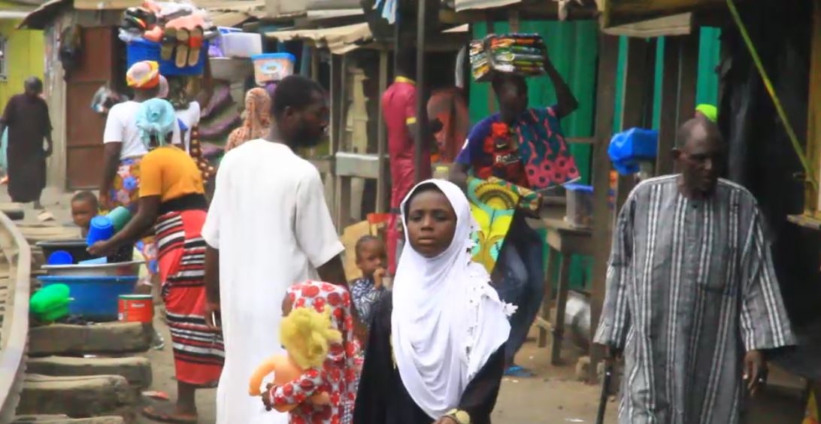The Ghana National Household Registry (GNHR) is beginning data collection on poor and vulnerable persons living in Covid-19 hotspots within Greater Kumasi and Obuasi areas.
About 50,000 persons are expected to be profiled for relief items.
The rapid data collection exercise would cover Kumasi metro, Asokore Mampong, Suame, Asokwa, Obuasi and Obuasi East municipalities in two weeks.
A comprehensive data on the poor and vulnerable remains key to a successful, productive social protection programme.
According to the coordinator of the GNHR, Dr Prosper Laari, the register would involve collection of information on composition of socio-economic characteristics of households.
The database would inform the government's decision-making processes for relief services to affected groups.
“Upon completion, the register, would serve as a database for the selection of beneficiaries for all social protection programmes in Ghana. It would also improve the effectiveness and efficiency of social protection programme delivery. So far, the GNHR has successfully collected data on households in the Northern, Savannah, North East , Upper West, and Upper East regions.”
With the support of the World Food Programme, up to 75 thousand vulnerable people in the Greater Accra and Ashanti region, identified to be hardest hit by COVID-19 pandemic, will benefit from the relief.
“The WFP support would benefit up to 75,000 vulnerable people in the Greater Accra and Ashanti Regions, which have been deemed to be hardest hit by the COVID 19 infections. The beneficiaries will be identified by the Ghana National Household Registry (GNHR) data aligned with poverty and food insecurity indices; the beneficiaries shall consist of 60 percent female, and 40 percent male.
"The LEAP module shall be utilized. Smallholder farmers are already been profiled by the Ministry of Food and Agriculture (MOFA) for support in collaboration with WFP,” he said.
Dr. Laari says the scope of the Ghana Productive Safety Net Project (GPSNP) has been restructured to improve living conditions of Ghanaians, particularly the poorest and most vulnerable.
He says the restructuring provides emergency cash transfers to the poorest and vulnerable most affected by COVID-19.
The programme targets over one hundred and sixty thousand specific groups of persons in selected districts across the country.
"It is important to note that, only persons confirmed as poor and vulnerable by the Ghana National Household Registry under the MoGCSP qualify to receive the cash transfer. There shall therefore be a mop-up of data collection for an extra twenty thousand households to be funded by the World Bank in this direction,” he added.
Latest Stories
-
Disney faces US investigation over DEI practices
3 minutes -
Hair relaxers linked to increased breast cancer risk in Ghanaian women
13 minutes -
Columbia University president resigns amid Trump crackdown
14 minutes -
CJ removal petition: Citizens must not sit back and watch politicians to get their way – NPP MP
21 minutes -
Thousands gather to bid farewell to ageless Ga music icon Naa Amanua Dodoo
39 minutes -
From despair to hope: Khadijah Bawuma receives life-changing scholarship after Myjoyonline report
56 minutes -
Mob kills seven suspected kidnappers in Nigeria’s Edo state
2 hours -
Joseph Paintsil to make injury comeback after six weeks out
2 hours -
14 arrested over missing ECG containers at port
2 hours -
Energy Minister demands forensic audit over missing ECG containers
2 hours -
Joseph Paintsil unveils debut EP ‘Emergency’, set for April 4
2 hours -
Petition to remove CJ is not politically motivated – Adawuda
3 hours -
‘All that glitters is not gold’ – initial comments on Ghana’s Gold Board
3 hours -
3 in 4 voters rate Dampare’s performance very high during 2024 election – Mussa Danquah
3 hours -
Weija-Gbawe MP urges urgent action on flooding in Accra
3 hours

